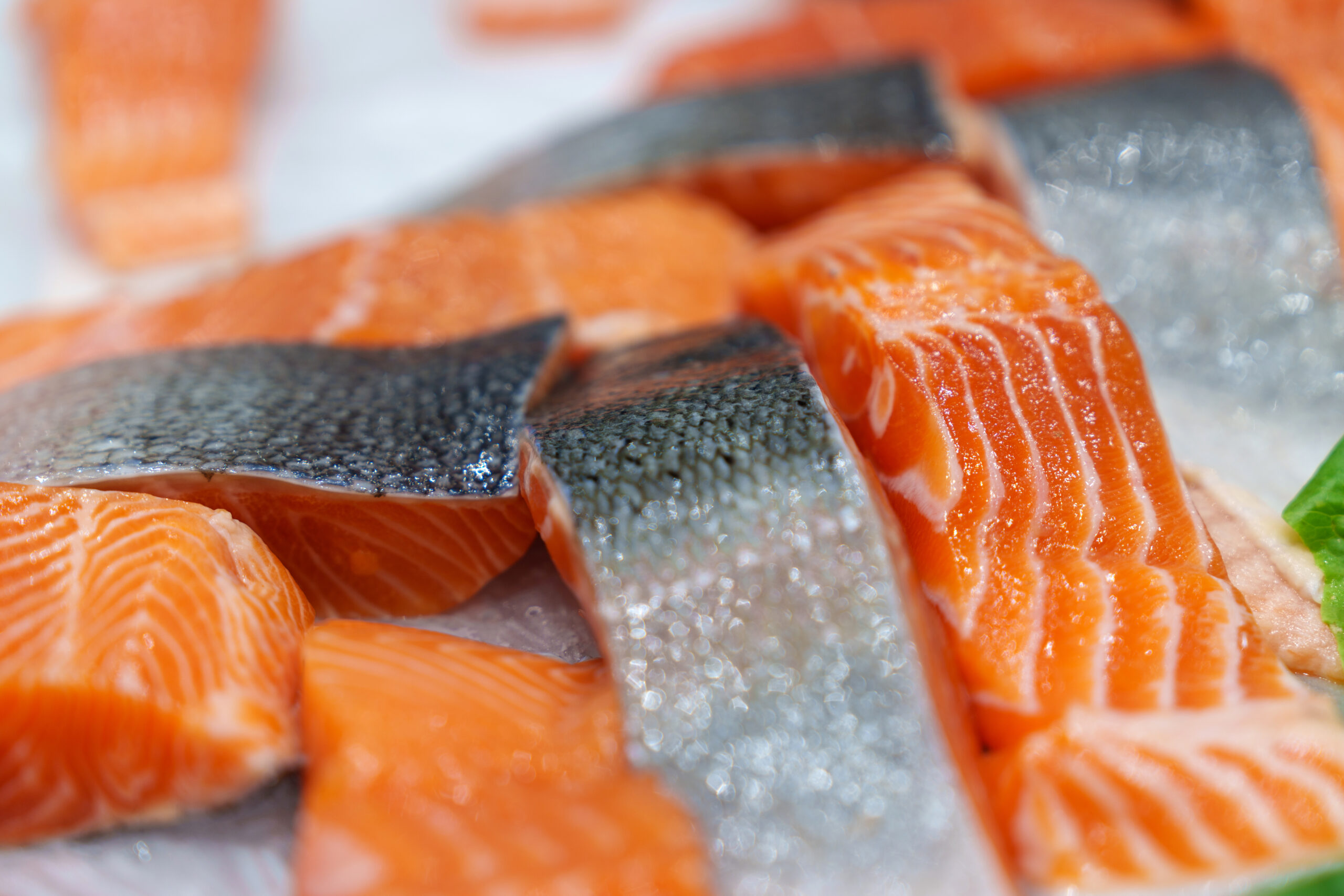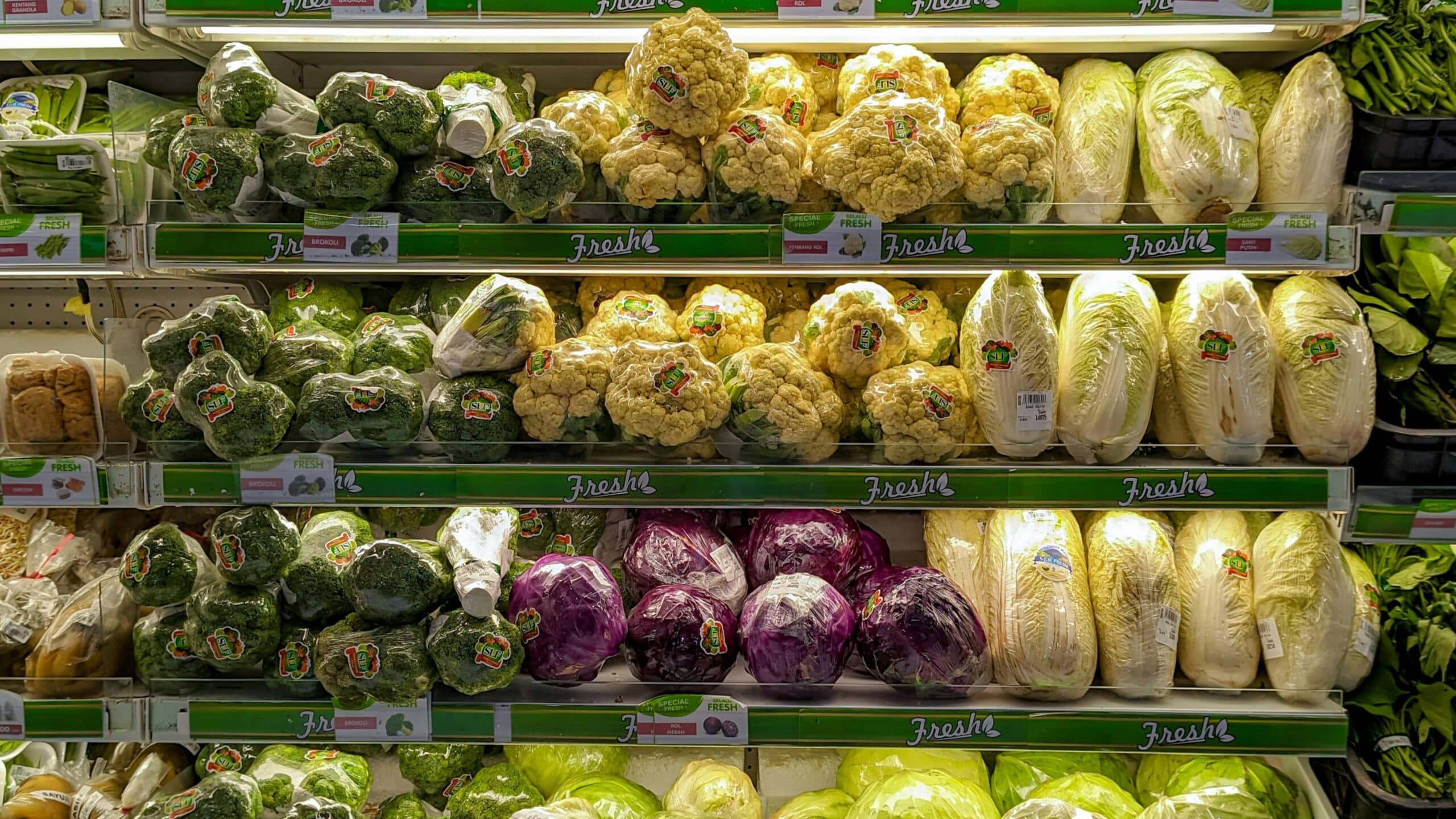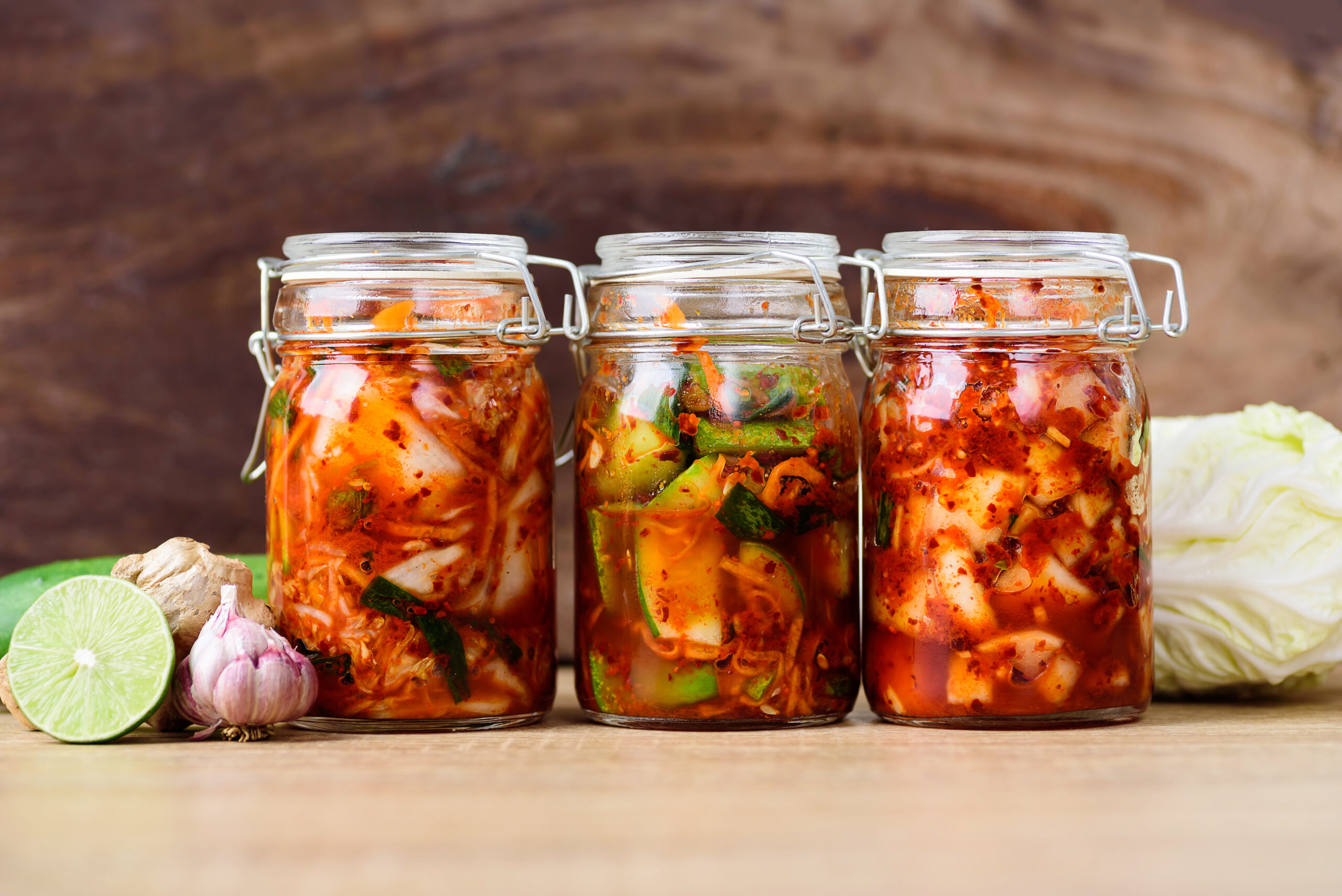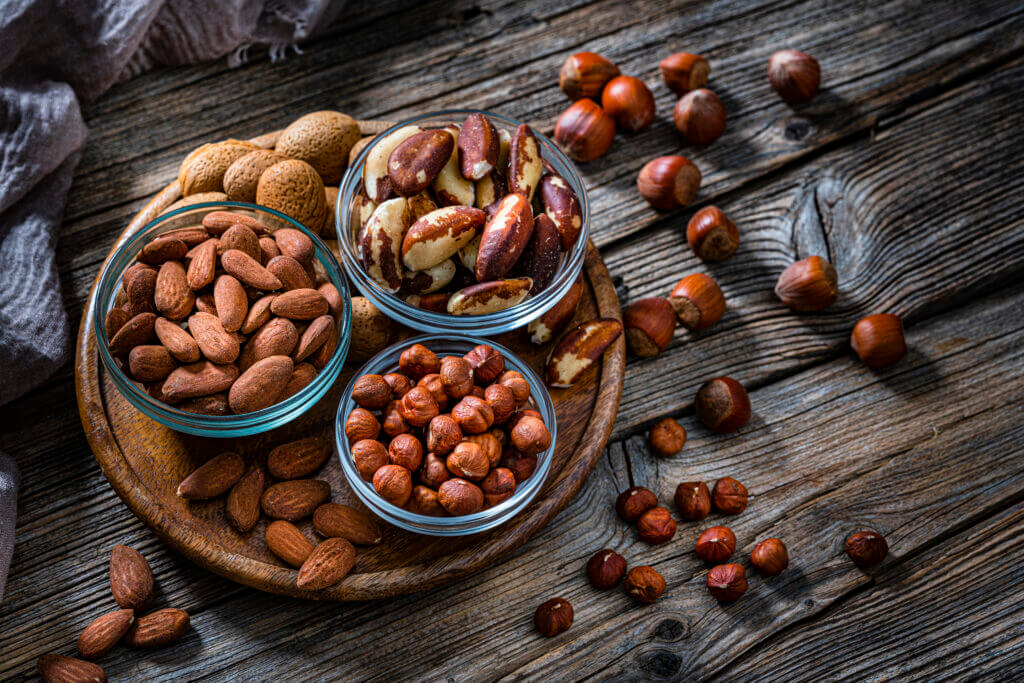
Ever notice that after a spinach salad, you feel calm, but after a candy bar, you crash? What we eat influences not just our body, but our mood too. Scientists in nutritional psychiatry now link diet to brain chemistry, energy levels, and emotional balance.
Fatty Fish Rich in Omega‑3s Boosts Brain Chemistry

Salmon, mackerel, tuna, and similar fish are packed with omega‑3 fatty acids essential for neurotransmitter production. Studies link low omega‑3 intake to anxiety and depression. Consuming these healthy fats supports serotonin and dopamine, regulates inflammation, and promotes better mood stability. Experts suggest just two to three servings a week may help protect emotional well‑being over time.
Colorful Fruits and Vegetables Elevate Well‑Being

Vibrant fruits and leafy greens supply fiber, antioxidants, folate, and polyphenols that support gut and brain health. Research shows people eating more fruits and vegetables report feeling calmer, happier, and more energetic even the next day. That boost isn’t just physical—it’s mental. Across different cultures, higher produce intake correlates strongly with positive mood independent of exercise or sleep habits.
Whole Grains and Complex Carbs Support Steady Energy

Foods like oatmeal, brown rice, whole‑grain bread, and legumes deliver complex carbohydrates that release sugar slowly. That helps stabilize blood glucose and avoids mood swings caused by spikes and crashes. Scientists link higher complex-carb intake to better memory, concentration, and calm mental functioning. That means a bowl of hearty grains can help steady the emotional roller coaster.
Fermented Foods Fuel a Happier Gut

Kimchi, yogurt, kefir, sauerkraut, and kombucha carry live probiotics that help balance the gut microbiome. A healthier gut can reduce inflammation and influence serotonin regulation via the gut‑brain axis. Some studies even link fermented foods with lower anxiety and better mood recognition. Consuming these regularly may offer calm without supplements or capsules.
Nuts and Seeds Offer Magnesium, B Vitamins, and Mood

Pumpkin seeds, walnuts, flax, and chia bring magnesium, B‑complex vitamins, antioxidants, and omega‑3s—all helping brain function and calming nerves. Dietitians highlight how pumpkin seeds help combat oxidative stress and leafy greens help serotonin production through folate and tryptophan. Regular tastings can support energy levels and reduce stress responses.
Protein‑Rich Foods Support Neurotransmitter Balance

Eggs, poultry, legumes, and tofu contain tyrosine and tryptophan—amino acids needed to build dopamine and serotonin. Eating protein‑rich meals helps replenish these neurotransmitters, keeping energy and mood on track during high‑stress moments. Studies link adequate protein intake to sharper focus, better decision-making, and less emotional fatigue.
Dark Chocolate Gives a Mood Lift—Without the Crash

A small amount (think two squares of 85% cocoa) can improve mood by boosting polyphenols and serotonin pathways while feeding healthy gut bacteria. It offers a mild calming effect without sugar-spike disruptions. Emotional benefits stick around through the day. Quality matters—darker chocolate gives the best nutritional value.
Caffeine and Alcohol Can Worsen Stress If Misused

While caffeine from coffee or tea can boost dopamine and alertness, too much may spike anxiety or disrupt sleep cycles. Similarly, alcohol and energy drinks often lead to emotional volatility, poor sleep, and increased stress. These mood‑influencers should be used mindfully. Experts suggest moderate use and balanced hydration to avoid backfiring effects.
What You Eat Reflects Your Mood

What we eat pens a quiet script on how we feel in the moment—and the next day too. Whole foods, fiber, probiotics, healthy fats, and lean proteins can create a steadier emotional base.
